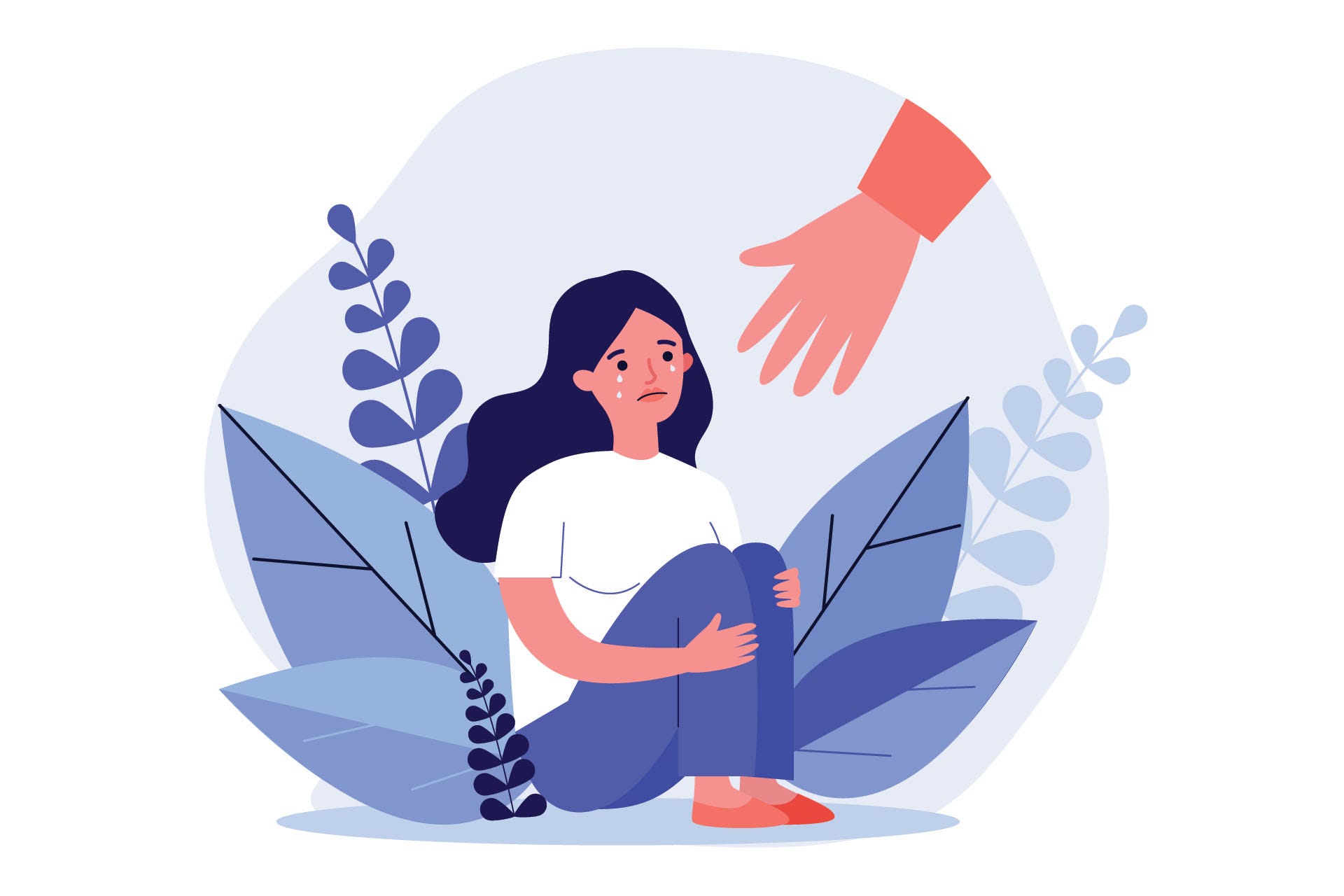How to Cope with Feeling Lonely
It's Mental Health Awareness Week and this year's topic is loneliness

The month of May plays host to the Mental Health Awareness movement. Trying to normalise and spread understanding of mental health issues is but one of the ways we hope to help those in need. And this year the focus is on loneliness.
“The most terrible poverty is loneliness, and the feeling of being unloved.”
– Mother Teresa.
There is a difference between being alone and being lonely. Being alone is not necessarily a good or bad thing, and in fact, when we are alone, we are sometimes able to truly be ourselves. It’s a physical notion that means that you are simply on your own at that moment in time, and many people like to be alone from time to time and that’s fine. But being lonely is only ever negative.
That’s because when we are lonely, we are craving the connection, companionship, or comfort of others, and are unable to satisfy that need. Much like when you’re hungry or thirsty, if you could not satisfy that very basic need, would that not be upsetting? And yet loneliness affects millions of people in the UK every year and is a key force that creates poor mental health.
To make matters worse the recent pandemic has only increased the rates of loneliness across the country, and no doubt, the world. It can affect anyone at any stage of their life, whether young, old, successful, student, mother, or father. Many feel ashamed to talk about it; a recent survey by Mental Health Foundation found that out of 6000 UK adults, 25% had felt lonely some or all of the time over the course of a month. More than a third of those who took part said they would never admit to feeling lonely, while 44% noted that feeling lonely made them feel sad. 1 in 4 UK adults who reported feeling lonely was ashamed of it.

Loneliness – how it affects our mental health
Not only can mental health make us feel lonely but being lonely can also affect our mental health. It’s a debilitating cycle where it becomes hard to decipher which came first. Brief feelings of loneliness that many people can experience at times are less likely to impact our mental health. Severe loneliness, however, is much more likely to increase poor mental health. This self-perpetuating loop of loneliness and poor mental health can be tough to break for some.
Top tips for dealing with loneliness
Try to do something enjoyable that keeps you busy
By keeping busy and doing things we enjoy can help keep loneliness at bay. This could be starting a new hobby like gardening, going to the gym or even something as simple as organising your kitchen cupboards. Puzzles and activities that use your mind and your hands, especially those with visible results from your actions, offer rewarding feelings and even give you energy. It’s important that these are fun or fulfilling, others could have negative impacts such as procrastination or distraction that can leave you feeling worse.
Think about doing a physical activity
You may have already heard it before but exercise it a great boon for mental health, and that extends to those feeling lonely too. It can be as simple as a walk in the park, or even a bit of dancing in your living room to your favourite tunes. Getting up and about can be a great boost to your mental health.

Try to engage with people around you
This might feel daunting or hard for some, but even something as simple as saying ‘hello’ to someone as you walk by or to the cashier in the shop, can make you feel better. It might spark up a conversation or it could just be a nice little gesture that creates a little positivity. Not only does this benefit you but also someone else too!
Find people that get you
It can be hard to connect to others especially when you’re feeling lonely and don’t know where to start. Finding people with similar experiences as you can be a great step in the right direction. Interacting with those like-minded people can give you a sense of belonging.
You could find them on social media groups, local groups in your area – it’s wise to remember though that as connecting as the internet can be, there can also be many negative problems tied in with social media. Make sure in these cases that you focus on topics and activities that are best for you.
Volunteering for good causes can also be a great way to meet new, similar-minded people whilst also doing something rewarding. A sense of accomplishment can be the lift you need to do more and feel rewarded for your effort.
Spend time with pets
Our furry companions are truly one of the greatest ways to battle loneliness. Not only do they provide us with unconditional love and support but help to give us structure in the day. There have even been studies that have shown interacting with pets or animals in general, can help reduce stress. Of course, if you’re not a fan of animals then this could be the exact opposite for you.
Talking therapies could help
When talking with those around you doesn’t seem to help, talking to a professional counsellor or therapist can certainly help you cope with feelings of loneliness. Talking therapies or CBT (Cognitive Behavioural Therapy) help to provide a safe space to work through your thoughts and feelings. Find your nearest talking therapy with the NHS here.

How to help others stave off loneliness
Don’t judge or stigmatise people
Many people feel ashamed to ask for help or tell others they are lonely because of the stigma surrounding it. It’s important to understand that loneliness is common and is a normal feeling that all of us are likely to experience.
Try to make groups welcoming to others
It can be hard for those who are feeling lonely to join a group, be it a group of friends or a meeting group like a club. It’s important to be aware of this and try to make the group as welcoming as possible to newcomers. Be flexible, attentive, and understanding.
Try to listen and show understanding
Simply listening to a friend or family member who is feeling lonely is a great way to help. Having an understanding and compassionate approach will help them feel like they’ve been heard and understood.
Final thoughts
If you or someone you know is having trouble with loneliness and mental health, you can talk to someone no matter the time or situation. Whether it’s someone you trust, close friends and family or a professional, there are many resources available for those who need help. You can reach out to Samaritan, Shout Crisis Text Line, Rethink Mental Illness and Mind. You can also speak with your GP to see if they believe you need to be referred to more specialised help.











